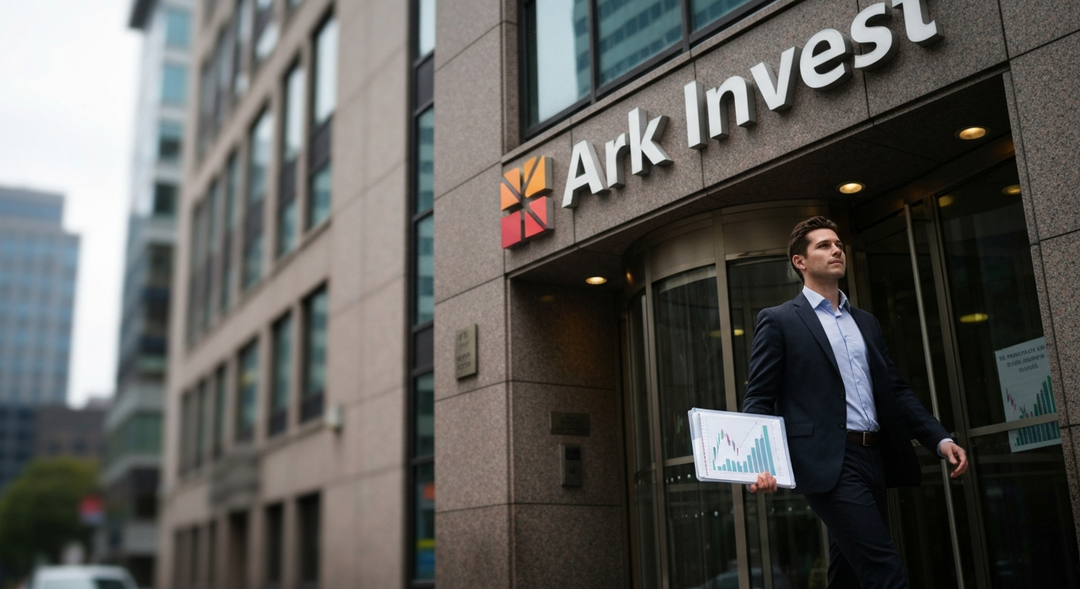Tesla’s growing bitcoin reserves are now valued at an impressive $1.2 billion. The automaker’s digital asset surge follows a remarkable 30 percent price increase for bitcoin in the second quarter.
With this steady rally, Tesla now stands as one of the world’s most prominent corporate holders of digital currency. The decision to Start Cloud Mining has caught mainstream attention, as companies and individuals alike seek out new digital frontiers.
Tesla holds 11,509 bitcoins, placing it among the top ten globally traded companies with significant crypto reserves. As the current price of bitcoin hovers at $118,000, the value of Tesla’s investment has outpaced initial forecasts.
Earlier this year, a significant shift in reporting regulations took effect, with the Financial Accounting Standards Board implementing a new rule for digital asset disclosures. Corporations are now required to report crypto holdings at fair market value on a quarterly basis, a change that took effect in the first quarter of 2025.
Previously, accounting practices for holding digital assets like bitcoin were considered unfavorable by many corporate treasurers. Under the old rules, companies like Tesla had to record their bitcoin holdings at the lowest value reached during the holding period.
For instance, even if bitcoin experienced a swift recovery after a drop, only the lowest value could be reflected on Tesla’s balance sheet. This meant shareholders and analysts could not see the full benefit of a rising market.
The new reporting framework now provides an accurate snapshot of corporate crypto portfolios every quarter. Investors can more clearly track quarterly gains in digital assets, giving shareholders up to date information on performance.
In Tesla’s most recent financial update, revenue reached $22.5 billion, just exceeding Wall Street’s projection of $22.3 billion. Analysts also noted that the company’s earnings per share were right in line with expectations at $0.40.
Market confidence remains strong, as Tesla’s stock edged up to $331.56 in after hours trading. The rise reflects optimism around both core automotive operations and the growing influence of digital assets on the balance sheet.
The implications of these accounting changes extend beyond Tesla’s quarterly filings. Corporate treasurers and CFOs at other large firms may rethink their stance on digital asset investments. The new reporting flexibility can make crypto holdings more attractive, as balance sheets now reflect the true performance of these volatile assets.
Market observers see Tesla’s growing bitcoin position as representative of a broader shift in corporate finance. Digital assets are transitioning from speculative purchases or short term hedges into core elements of treasury management at leading companies.
Following the sustained rally in bitcoin, some analysts predict even greater interest in strategic crypto investments. Greater transparency in reporting and the public’s heightened awareness are both expected to play roles in shifting market attitudes.
Other companies are studying Tesla’s experience as they decide how to navigate their own digital asset strategies. With quarterly gains now properly reflected, more firms might consider adding cryptocurrencies to their portfolios.
The move to report digital assets at fair value also creates a closer alignment between market conditions and company disclosures. This transparency can help manage investor expectations in both bull and bear cycles.
Tesla’s foray into digital currency is not only an exercise in diversification but also a lesson in adapting to new financial realities. As the broader market continues to evolve, digital assets will likely become an even more prominent feature of corporate balance sheets.
Investors are now paying closer attention to quarterly earnings in light of companies’ crypto investments. Real time reporting of digital asset gains and losses could increase the short term volatility of earnings announcements for firms with large crypto positions.
Regulatory experts note that the adoption of new reporting rules signals a maturing market for digital assets. Despite the inherent risks, the incentive to hold bitcoin and similar assets has become clearer for corporations seeking alternative stores of value.
Industry observers point out that Tesla’s decision to retain its bitcoin holdings despite past market turbulence has paid off handsomely. The automaker’s resilience and strategy offer a roadmap for others hoping to balance innovation with responsible risk management.
The intersection of technology, finance, and accounting is driving new trends in how companies manage and report their wealth. Tesla’s recent experience with bitcoin showcases the potential for digital assets to influence corporate performance far beyond traditional investment vehicles.
Conclusion
Tesla’s significant rise in bitcoin value has coincided with regulatory changes that support more accurate reporting of digital assets. The automaker’s approach may accelerate the mainstream adoption of cryptocurrencies by other leading firms.
As corporate finance adapts to a world where digital and traditional assets coexist, clear transparency and strategic management will remain vital. Tesla’s success in this space points toward a future where digital holdings play a crucial role in the corporate landscape.

Ewan’s fascination with cryptocurrency started through his curiosity about innovative technologies reshaping the financial world. Over the past four years, he has specialized in cloud mining and crypto asset management, diving deep into mining contracts, profitability analysis, and emerging trends. Ewan is dedicated to helping readers understand the technical and economic aspects of crypto mining, making complex information accessible and actionable.




